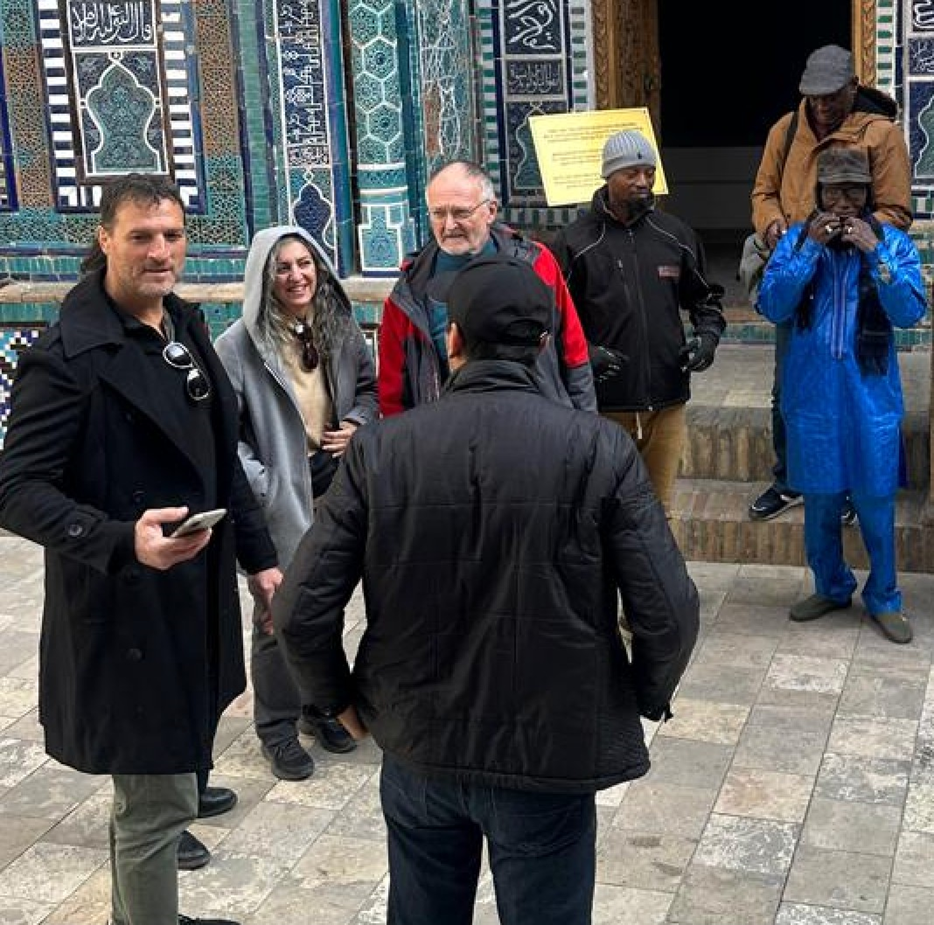
By Brighton Taruberekera Somewhere out of this world is a place of supreme happiness, where the faithful shall live in great comfort for eternity. That place is called heaven. Existence of a heavenly paradise is one of the most important Christian beliefs. All Christians desire to have a “seat” in heaven so that they rejoice with the good Lord for eternity.
However, no one will enter heaven with their fleshly bodies. Heaven can only be entered after death. Unfortunately — it has often been said and to some extent it is true — that Christians desire to spend eternity in heaven yet they are afraid of death. If we so desire heaven and heaven can only be accessed after death, then why are we afraid of death?
Targets for 2023 elections
More than 50 political parties contested in the 2018 harmonised elections and more are likely to contest in 2023. However, the real contest in the 2023 plebiscite is likely to be between the Citizens Coalition for Change (CCC) and Zanu PF. Both camps are looking forward to amassing considerably huge numbers in the 2023 elections. Zanu PF has a target to reach five million votes, while the CCC is targeting six million.
To date, the Zimbabwe Electoral Commission (Zec) has managed to register slightly over 5,8 million people out of a possible nine million citizens who are eligible to vote. There is no doubt that getting people to register to vote is vital for both parties if they are serious about meeting their targets and probably access or maintain State power.
Fighting facilitators
There has been a trend of attacking, threatening or challenging those encouraging others to go and register to vote, the latest being the attack of Baba Harare — a local musician — on Twitter after he tweeted encouraging Zimbabweans to register to vote. It appears that the message torched a storm and became an emotive issue particularly to some self-professed ruling party supporters. It is unfortunate that the register to vote message was — and still is — being equated to campaigning for the opposition.
Interestingly, for Zanu PF to be able to get five million votes or for CCC to be able to get six million votes, more people need to be registered. In essence, fighting or attacking people who are encouraging others to register to vote is anti-progressive for CCC, Zanu PF, democracy and constitutionalism. The right to vote is a constitutional right provided for under Section 67 of the Constitution of Zimbabwe.
- Chamisa under fire over US$120K donation
- Mavhunga puts DeMbare into Chibuku quarterfinals
- Pension funds bet on Cabora Bassa oilfields
- Councils defy govt fire tender directive
Keep Reading
Then, if voter registration is vital to the two main political protagonists and necessary for democratic consolidation, why does voter registration become an emotive issue?
The risk of uncertainty
We would like to go to heaven but are scared of death. The reason being that we are not certain and will never be certain whether we will make it to heaven. As we sin on a daily basis — consciously and subconsciously — we will never know whether the grace of the Lord will suffice.
Similarly, inasmuch as Zanu PF may desire to reach a target of five million votes, let alone win the 2023 elections and maintain a grip on power — plagued by allegations of corruption, mismanagement of the economy and unfulfilled 2018 elections promises — victory is not certain for them.
As the macro-economic climate takes twists and turns ahead of the 2023 elections, Zanu PF is neither certain where the people stand, what they think nor how they will vote come 2023.
Zanu PF may desire that more people do register to vote but the party is also likely and tends to be suspicious and restless when people get excited about getting registered primarily because there is another competitor in need of a hypothetical six million votes.
Furthermore, if more people are registered to vote, it increases the risk of uncertainty especially for the sitting president — Emmerson Mnangagwa — who won by the neck in 2018, with less than 70 000 votes away from a presidential re-run.
Whilst the voting patterns of those who voted previously can be predicted, what voter registration does is that it also ushers in political mavericks whose line of thinking and patterns of voting may not be detectable, thus increasing the risk of uncertainty. For Zanu PF, voter registration is a dilemma, it is desirable yet scary.
- Brighton Taruberekera is a political analyst and strategist. He writes here in his personal capacity. He can be contacted on 0778 992 45/[email protected] .











